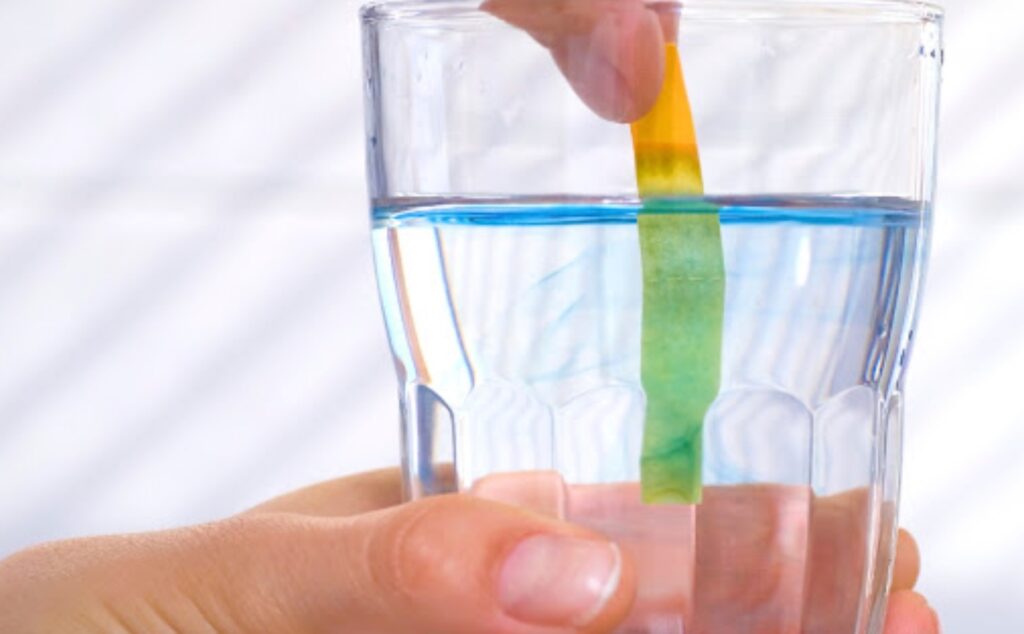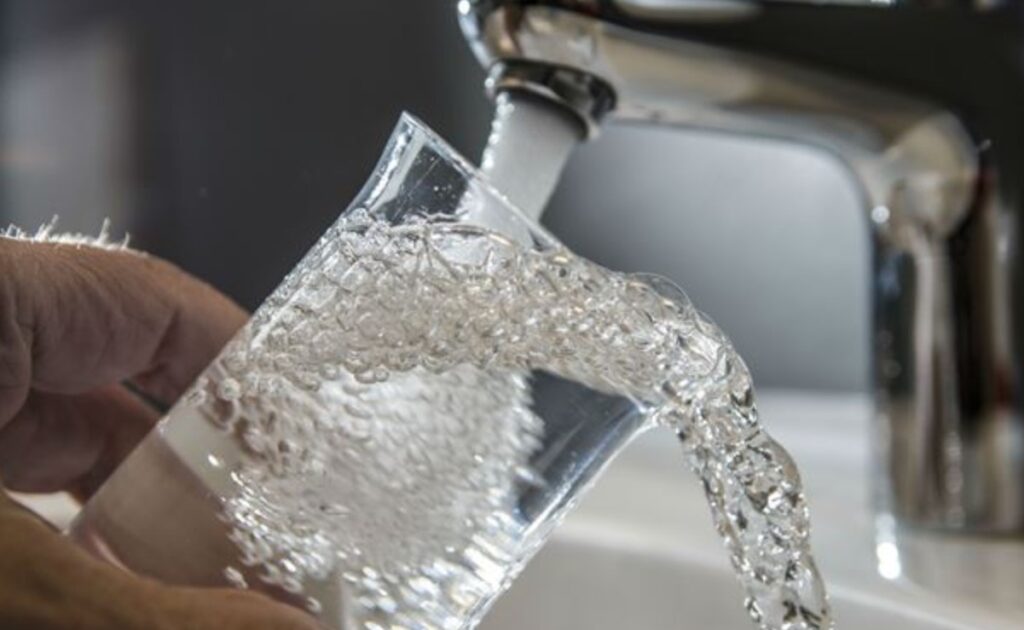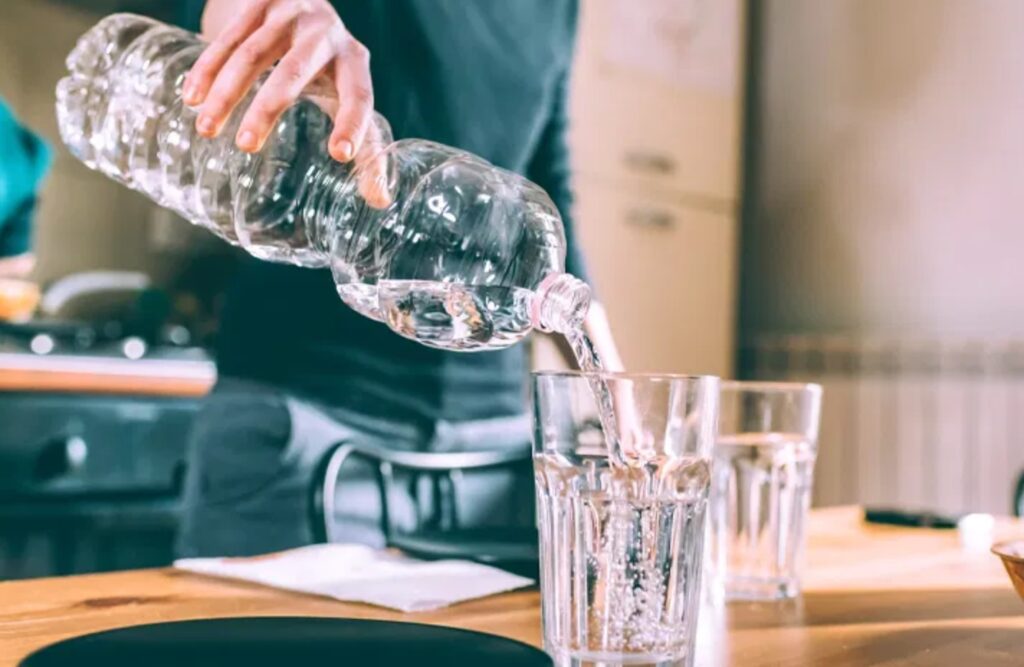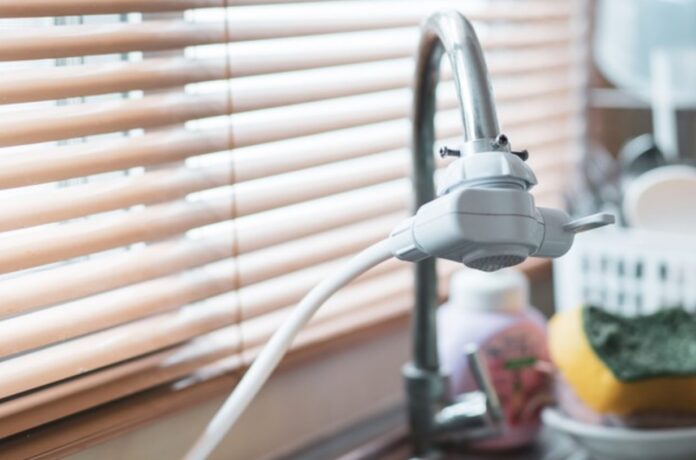Up until recently, people who had trouble with hard water would only have one single viable option: a water softener. Luckily, things have changed and now you can find all sorts of methods for combating hardness, including reverse osmosis, template assisted crystallization, and much more.
However, the most popular ones are traditional salt-based water softener and water descalers, which are significantly newer on the market. Despite their newness, they have seen quite a large adoption rate among people who wanted to get rid of their old softeners and replace them with something new.
Now you might be asking whether or not descalers are better than softeners simply because they are newer. Well, in many aspects they are way better, yes, but everyone has slightly different needs, so you also need to take that into consideration. With that in mind, let’s look at several key differences between the two and find out which is better overall.

Hardness Reduction
When it comes to water hardness, a salt-based softener practically eliminates it altogether. Through a process called ion exchange, the softener switches the hard minerals for sodium, thus eliminating them entirely from the water during this exchange.
A descaler, on the other hand, merely reshapes those crystals to become less sticky. It practically deactivates their bonding capabilities, so they won’t react to soap and won’t latch onto skin and surfaces, but they are still present in the water.
Because of this, you might still notice a few white spots on dishes from time to time when using a descaler. However, it does a good job overall considering all of its other advantages, as you will soon read below.

Ease of Installation
This is where you’ll see a big difference right from the get-go. If you’ve ever owned a traditional water softener, you probably already know how much work there is to get it working. Each water softener is built slightly different, so you need to have the manual by your side at all times.
A water descaler, on the other hand, is as easy to install as it can possibly get. All you need to do is fix the unit somewhere on the pipe or wall, wrap the two coils or cables around the pipe accordingly, and then plug it into a power source. That’s it. No further hassle. Speaking of which…

The Maintenance Process
When using a softener, you need to change the salt frequently, check to see if salt bridges have formed, clean the resin bed, allow the unit to flush itself, and so much more. With a water descaler, you won’t have to worry about any of this. As long as it’s connected to a power source, it will continue working non-stop unless something malfunctions. There’s no maintenance to speak of whatsoever.

Drinking Water
As mentioned earlier, a softener exchanges hard minerals with sodium. This is not a good thing, as people who suffer from several conditions might be further affected by it. And even healthy people can still suffer from increased blood pressure or increased heart rate after ingesting too much sodium.
An electronic water descaler doesn’t put any sodium or other chemicals inside your water supply and it leaves the hard minerals within, so you won’t have to worry about any of this. Unless you already have other contaminants within your drinking water, there won’t be any other thing to worry about when using a descaler. Pairing a descaler with a reliable water filter is the key to getting great drinking water

Final Thoughts and Wrap Up
Will you stick to the good ol’ water softener that’s served you well, or will you try out a newer method of reducing water hardness, such as the one from Yarna Store? So, after reading all of this information, what will you be choosing in the future?





![Calgary’s Hottest Neighborhoods for Luxury Homebuyers [2024]](https://thewashingtonote.com/wp-content/uploads/2024/04/Calgary-324x160.png)



